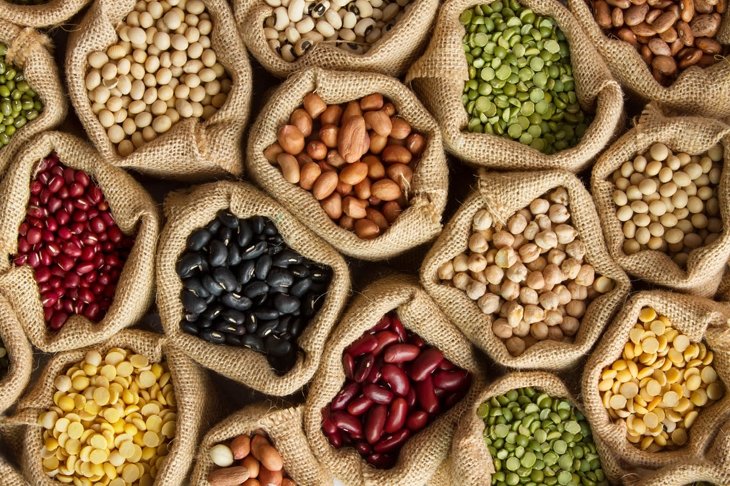
Zinc plays a crucial role in the proper function of your body and the prevention of a wide array of diseases. It is known as an “essential trace mineral” because your body only needs a small amount. However, your body can’t store its own zinc, so it’s important to ensure you’re getting enough of the mineral in your diet. It’s recommended that adult men get 11 mg of zinc on a daily basis, while women get 8 mg. Here’s what else you need to know about this hardworking mineral.
01
Zinc abounds in animal products
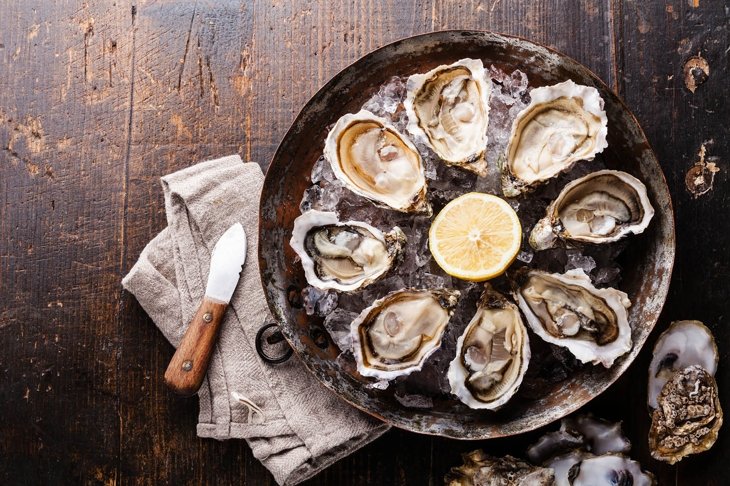
Some of the richest sources of zinc are meat and animal products, such as oysters, beef, crab, pork, lamb, lobster, dark meat chicken, yogurt, and cheese. If you eat foods such as these on a regular basis, it’s likely that you’re getting enough dietary zinc.
However, certain groups are still at risk of zinc deficiency, including pregnant and lactating women, alcoholics, and those with sickle cell disease and gastrointestinal diseases.
02
Plant-based diets can make it harder to get the zinc you need
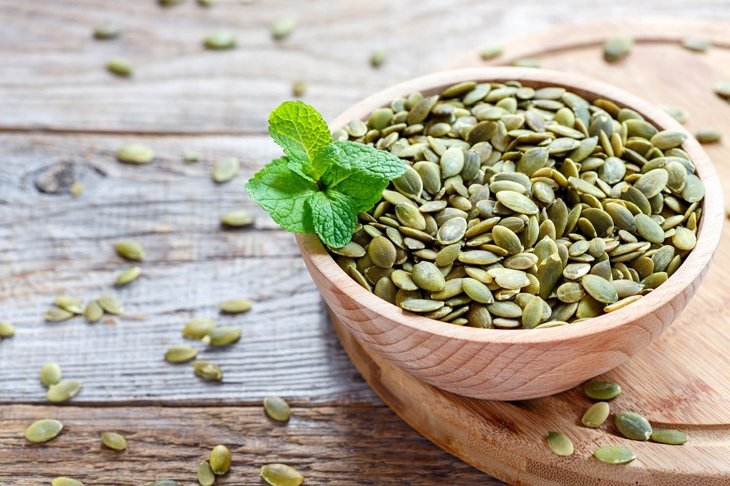
Vegans and vegetarians can have a harder time getting zinc through their diet than their meat-eating friends. Plant-based sources of zinc—such as pumpkin seeds, cashews, oatmeal, almonds, and kidney beans—contain phytic acids that bind with minerals like zinc to create phytates that block the nutrient’s absorption.
If you’re concerned about how much zinc you’re getting, your health care practitiner can help you ensure you’re getting enough through a number of strategies, including zinc supplements.
03
Healthy bodyweight is easier with enough zinc
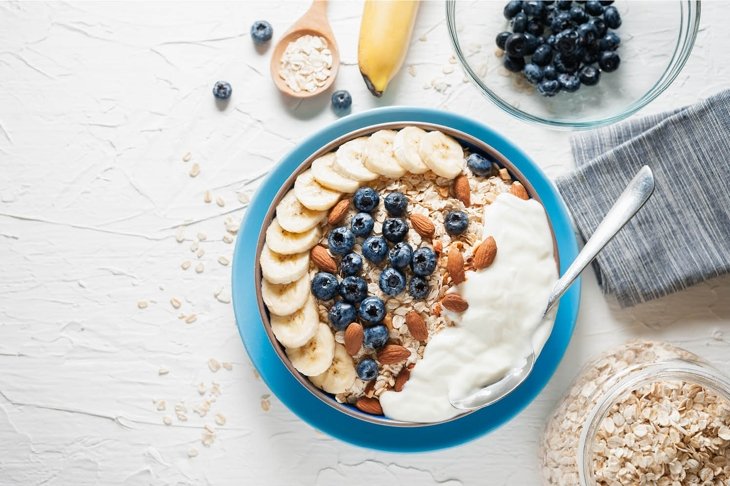
Zinc plays an important role in the proper functioning of your metabolism. Zinc deficiency has been linked to obesity, type 2 diabetes, and insulin resistance, underscoring the power of the trace mineral. In a 2019 study, zinc supplementation, alongside a restricted calorie diet, was found to help improve body weight and management, reduce appetite, improve insulin resistance, and lower inflammation.
04
Zinc can shorten the length of your cold
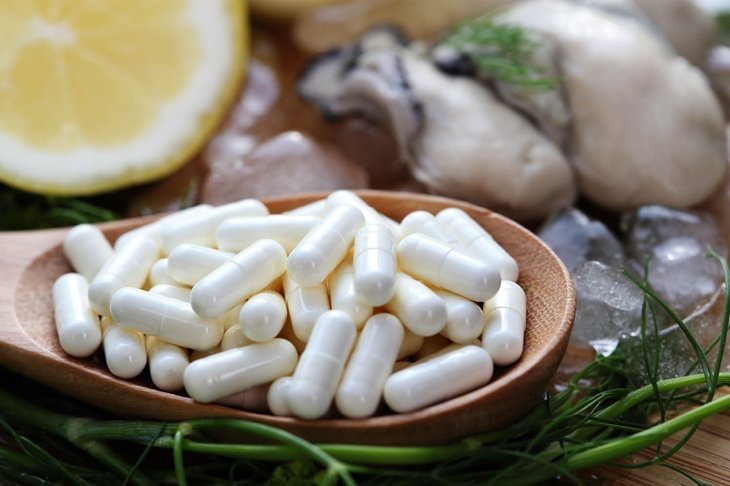
Research shows that, when taken after the first signs of the sniffles, zinc can help shorten the length of the common cold (rhinovirus). Zinc supplements are recommended to be taken within 24 hours of cold symptoms’ first appearance. In addition to rhinovirus, zinc may also help out against other viruses that could cause cold sores and warts.
05
You can view zinc as a vision protector
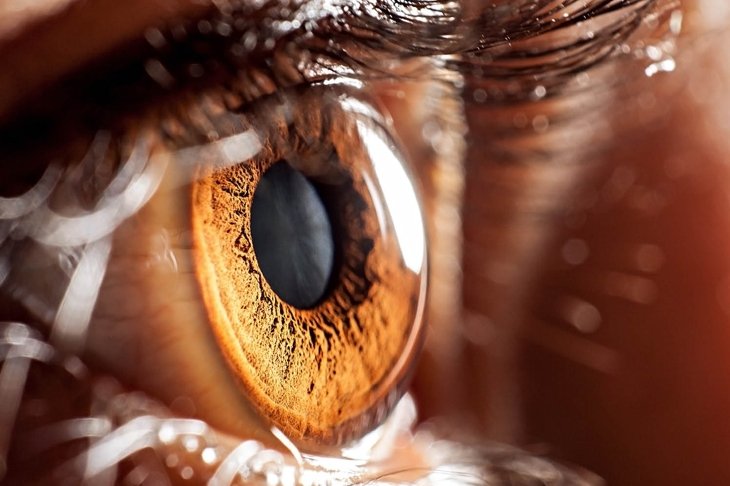
Zinc can be found within your eye in high concentrations and is a major player in maintaining your vision. A zinc deficiency can cause altered vision, or even changes to the retina if the deficiency is severe enough. Research also suggests that zinc can help slow down age-related macular degeneration as it progresses.
06
Insufficient zinc can affect your sense of taste

Another one of your senses that can be impacted by a zinc deficiency is your taste. Studies have suggested a link between low zinc levels and the decline in the sense of taste in old age.
Research has also shown that zinc supplementation can be useful for restoring the taste of patients undergoing cancer treatment who have experienced taste changes—a common side effect of radiation therapy.
07
Zinc has implications on reproductive health

Because zinc plays such a large role in the metabolic process of sex hormones, both male and female reproductive abilities can be affected when zinc levels are out of balance. The mineral is required for the formation and development of sperm, for successful ovulation, and for fertilization.
Studies have found that zinc supplementation can help male fertility and prevent several complications during pregnancy and labor.
08
Your skin loves zinc
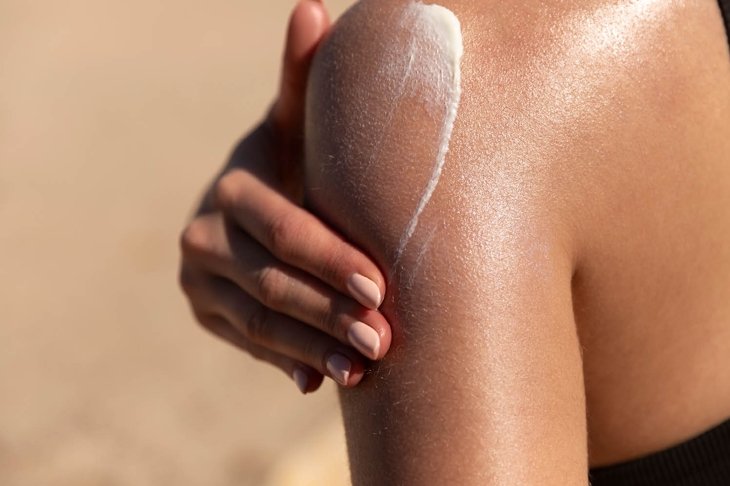
Zinc and zinc compounds can be used for their anti-inflammatory, anti-fungal, antibacterial, and antioxidant effects, making zinc a useful part of treatment for a wide range of skin issues.
Some of zinc’s most well-known topical uses are in natural sunscreens, calamine to treat irritation, and as an active ingredient in dandruff shampoos. It can also be used for wound healing, treating infections, acne, warts, rosacea, skin discoloration, and even basal cell carcinoma.
09
There’s a copper-zinc link
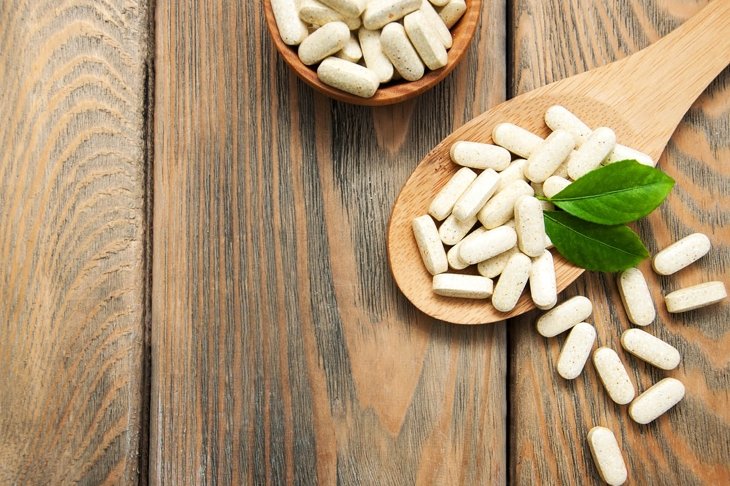
While zinc is the second most abundant trace metal in your body, copper is the third. These two elements require a delicate balance, with the ratio between the two being more important than the amounts of either.
Too much zinc intake for a sustained period can result in having lower levels of copper, though it is more common for higher copper and depressed zinc to be the reason for the imbalance.
10
Your body has about 2 to 4 grams of zinc
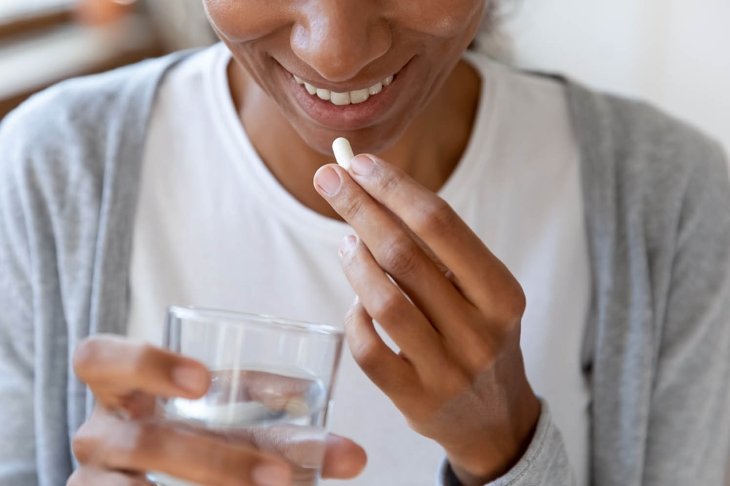
Zinc is distributed throughout your body, totaling approximately 2 to 4 grams. This zinc can mostly be found in the brain, bones, muscles, kidneys, and liver, with parts of the eye and prostate boasting the largest concentrations. With so much riding on a little bit of zinc, the amount in your daily diet could be worth a look.













